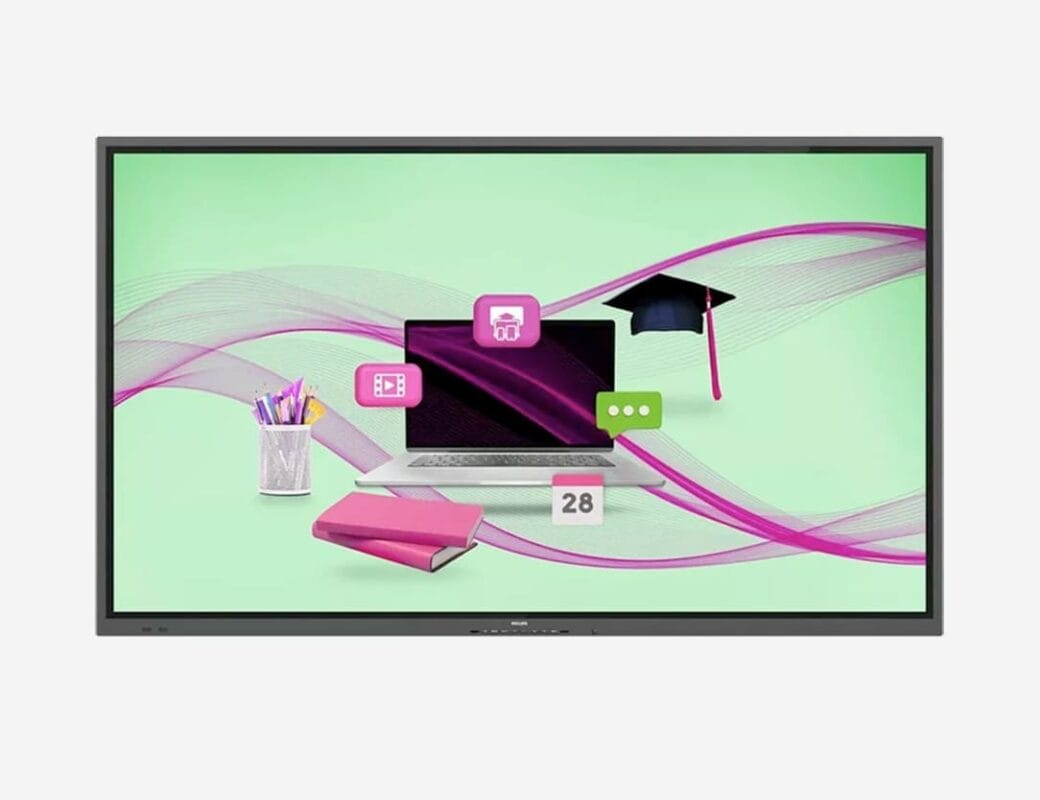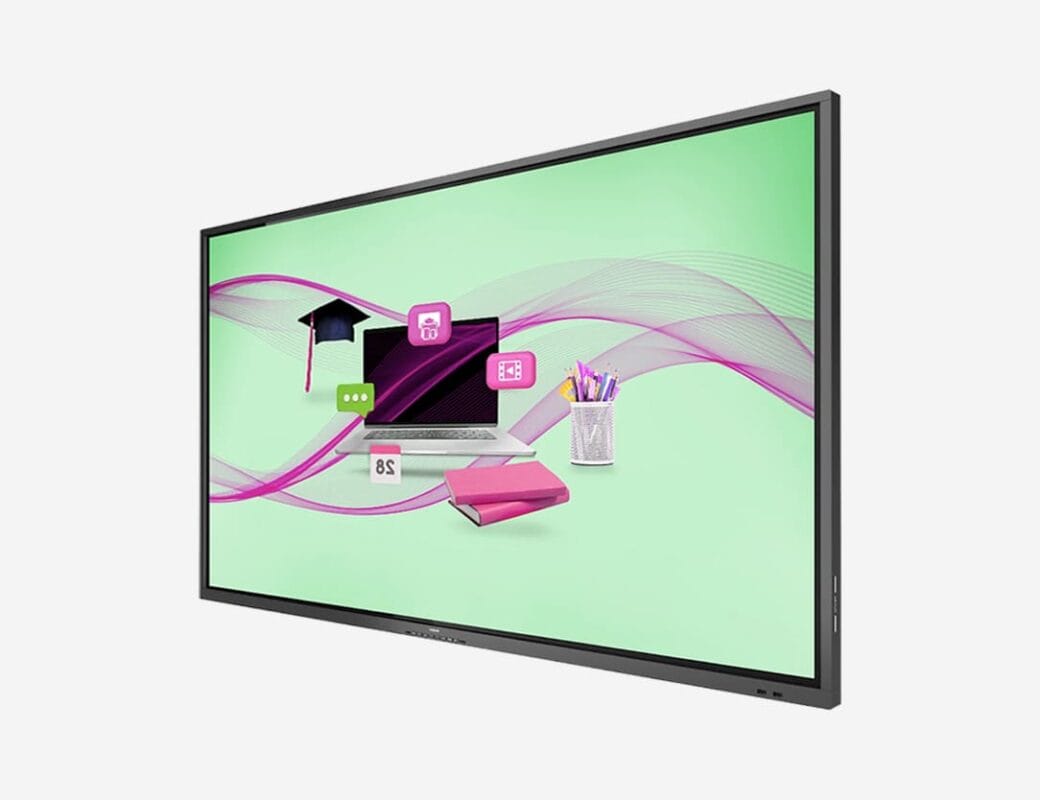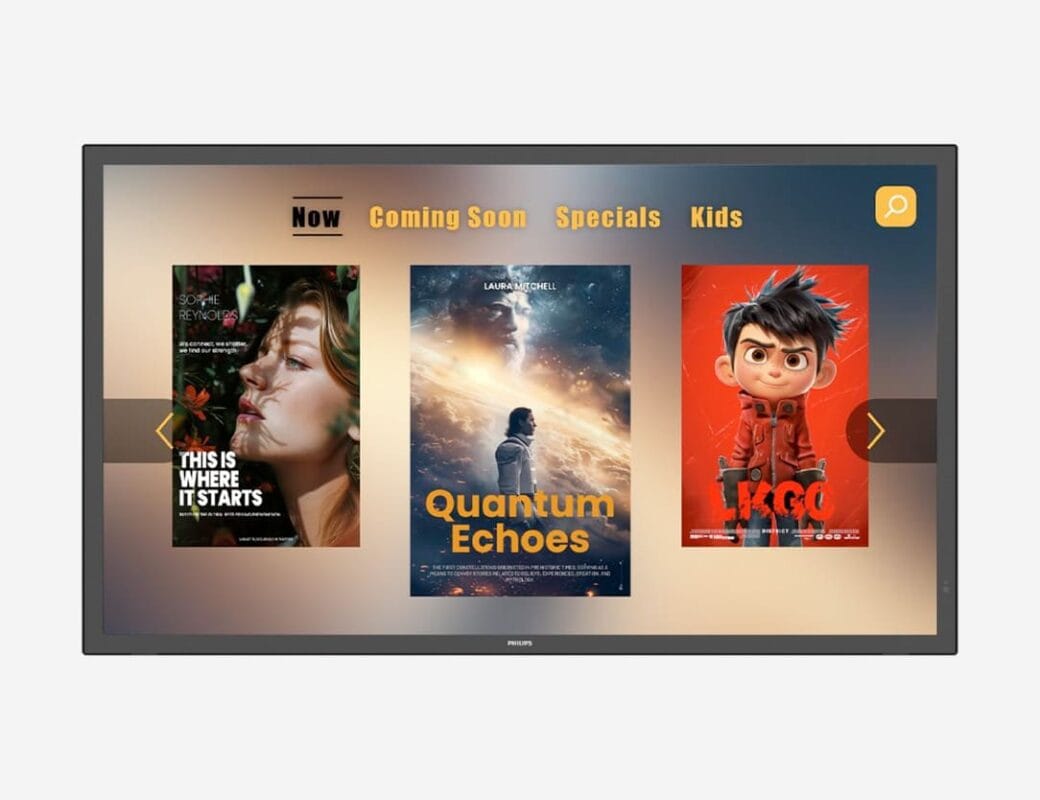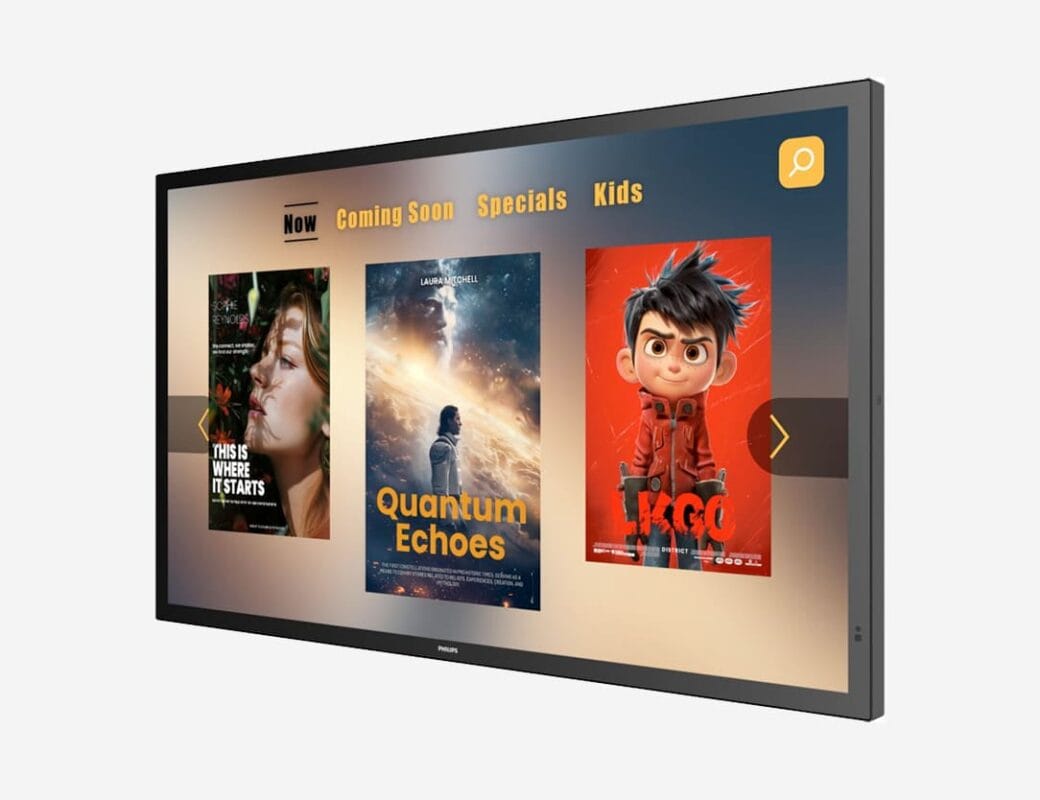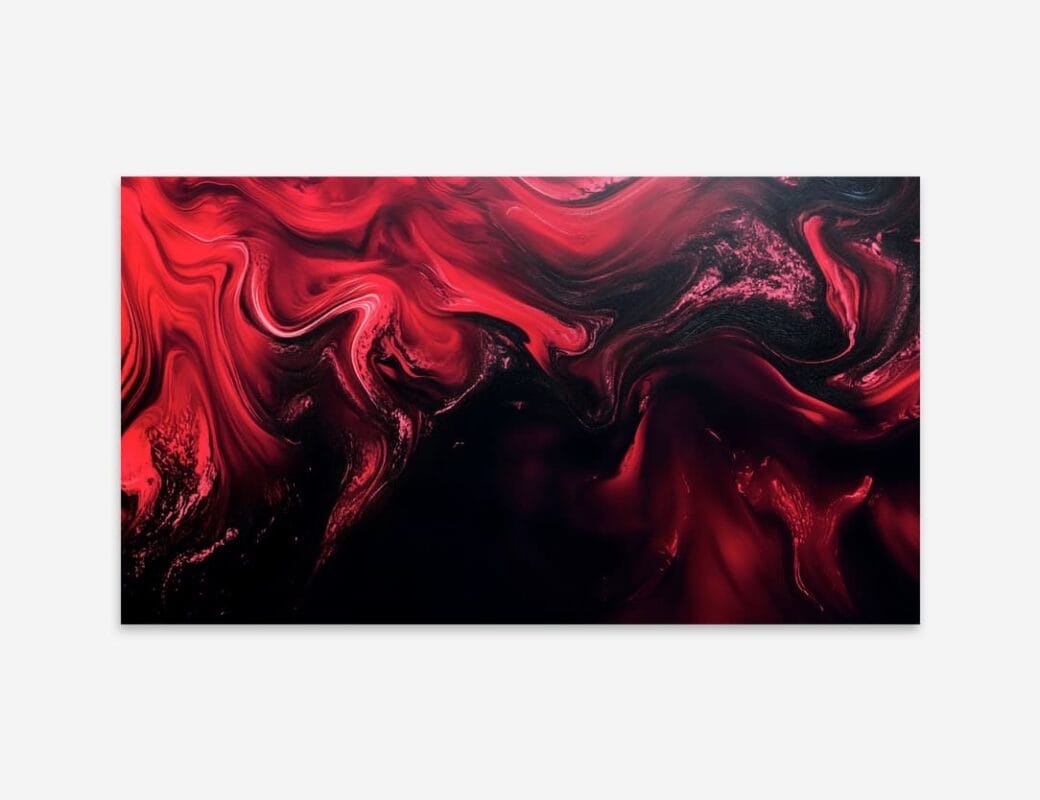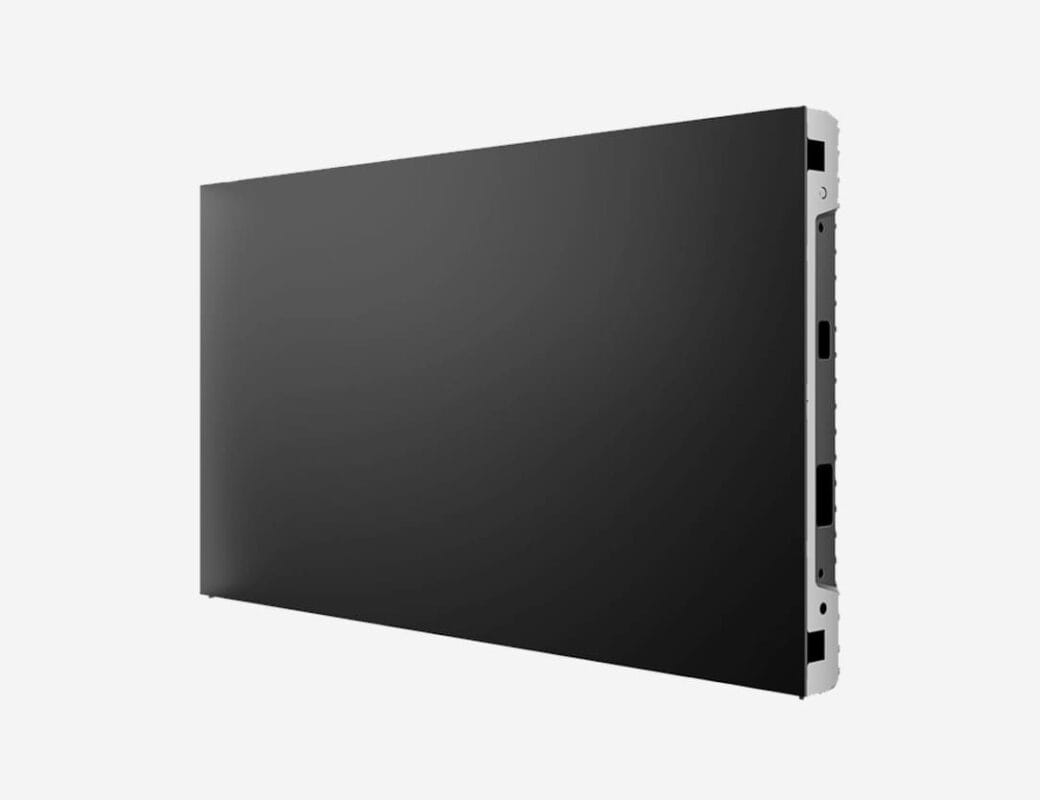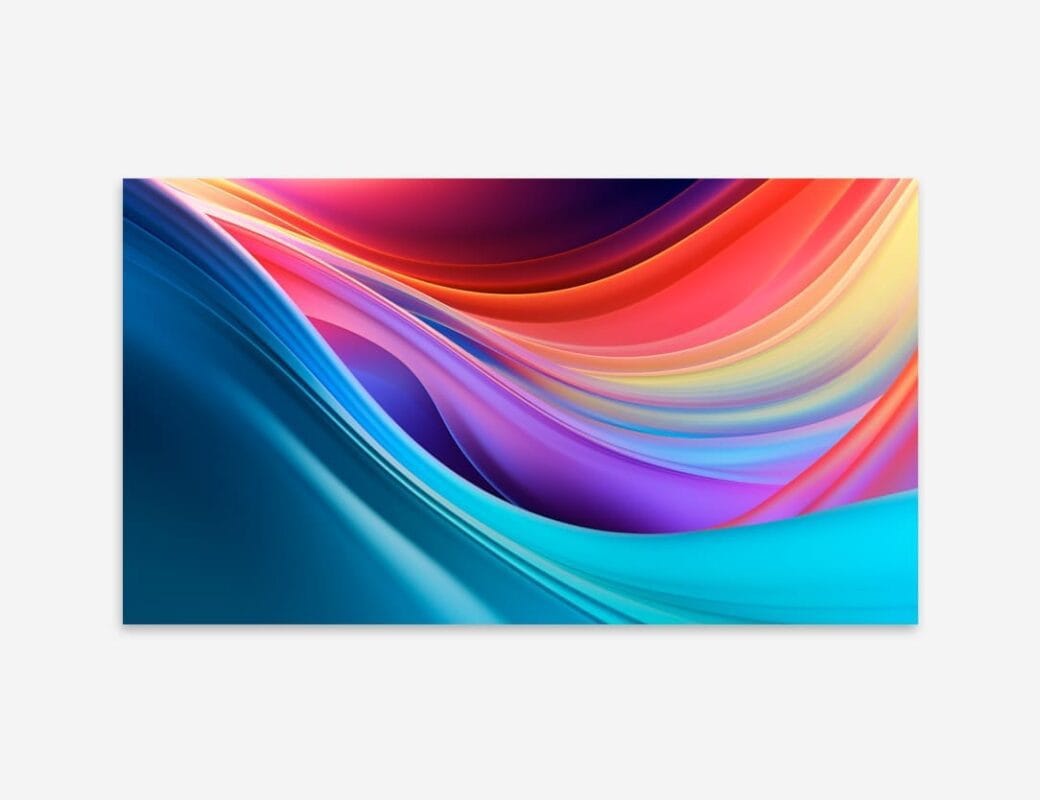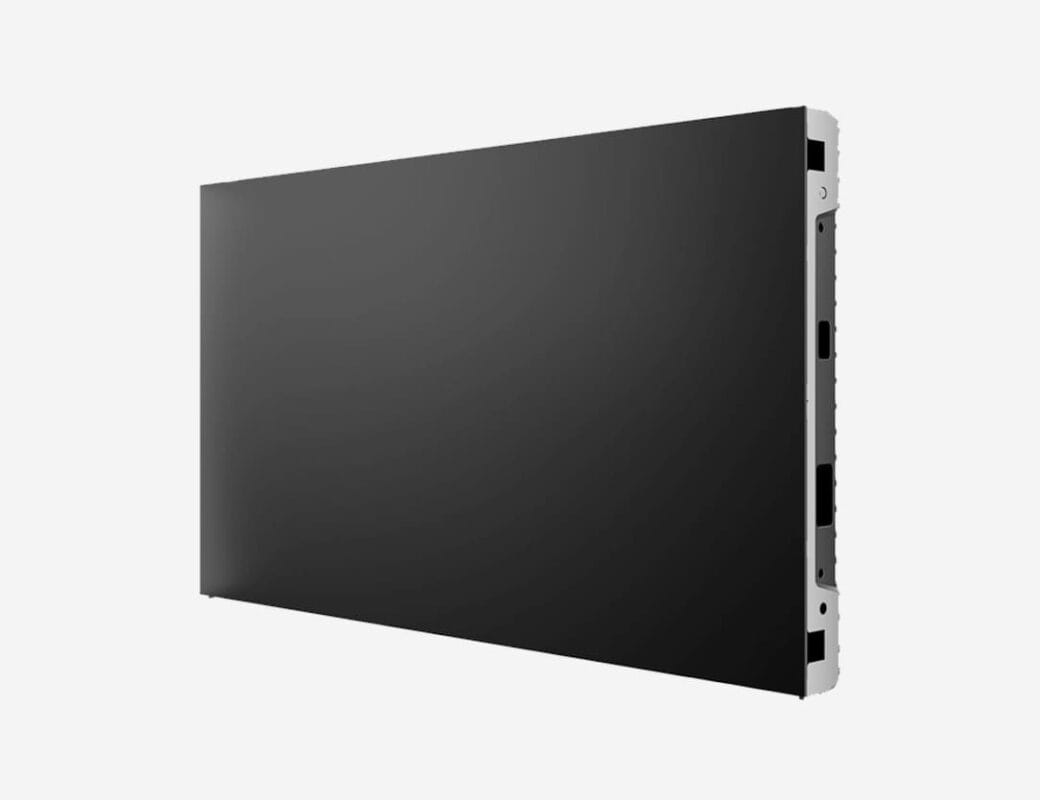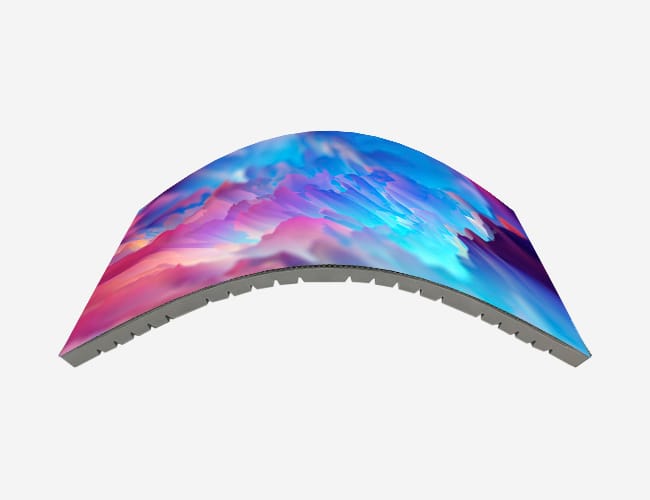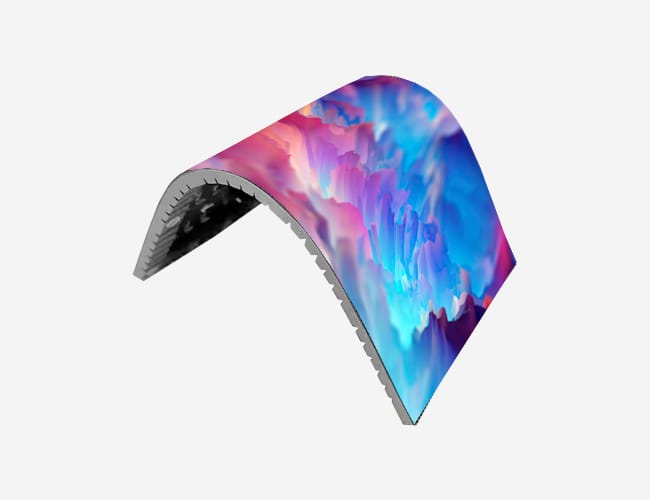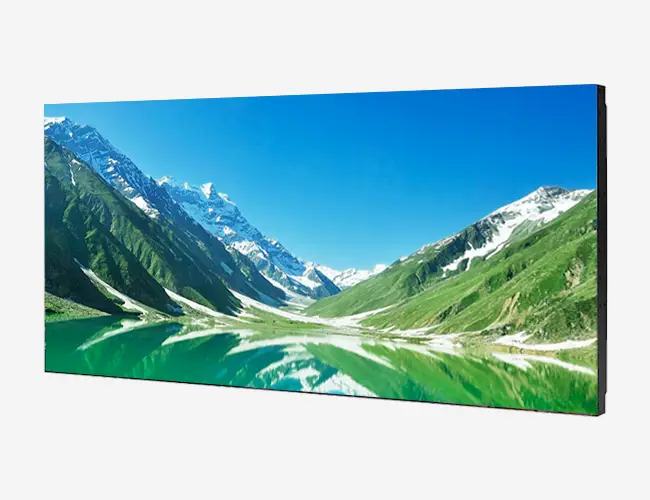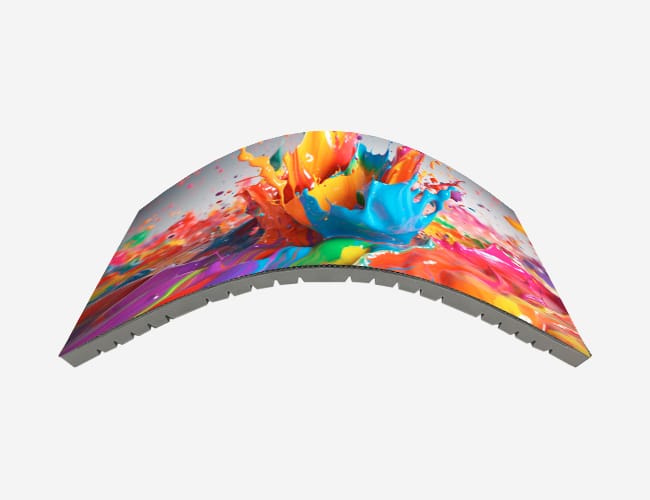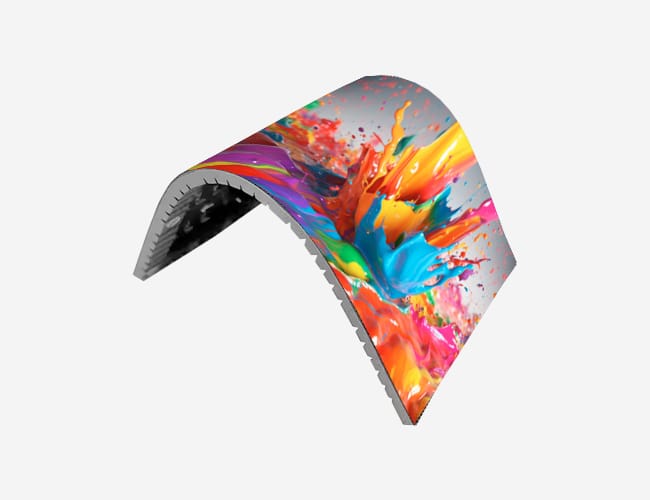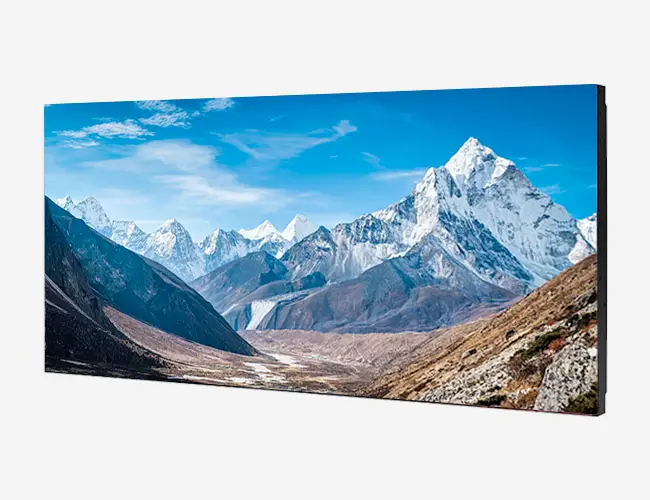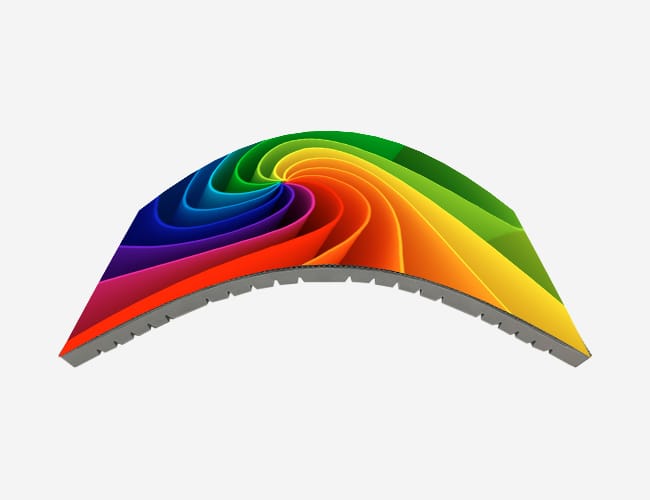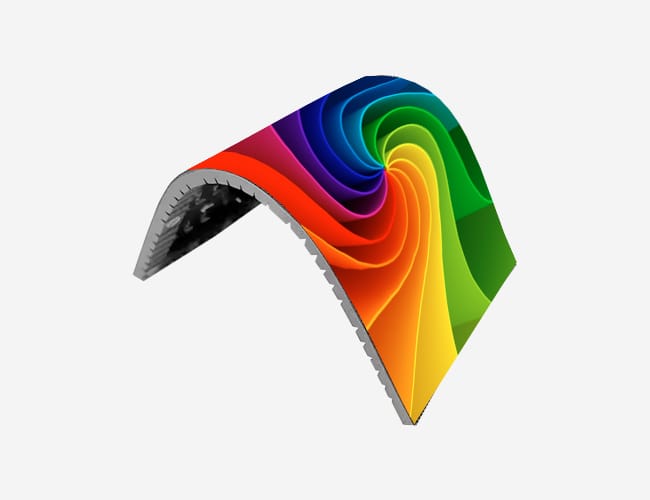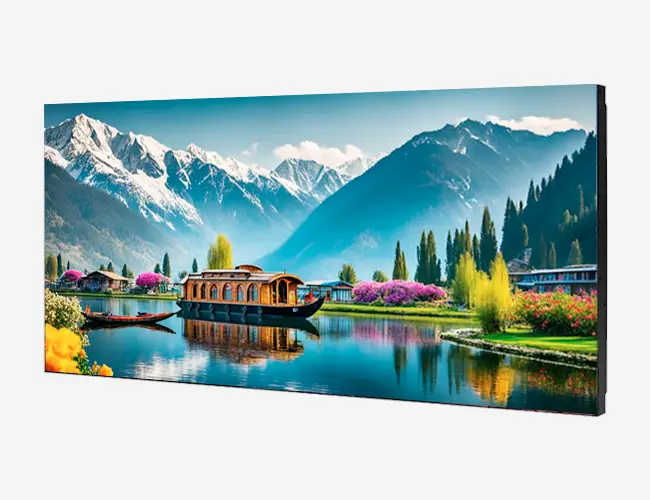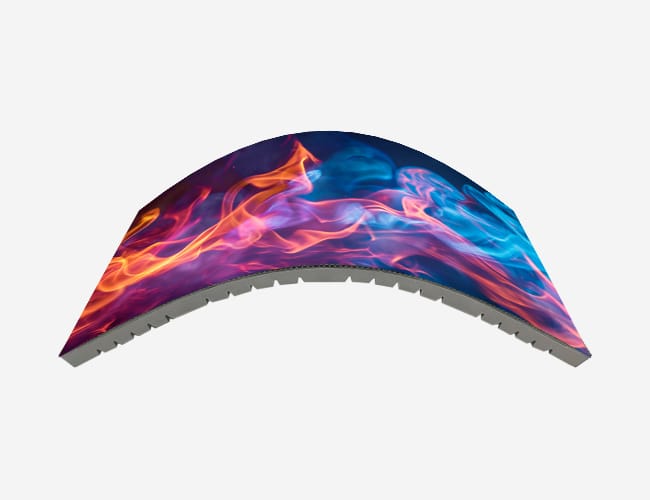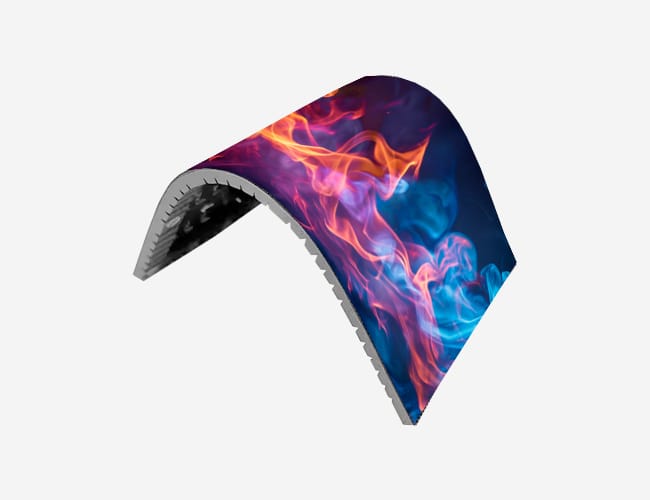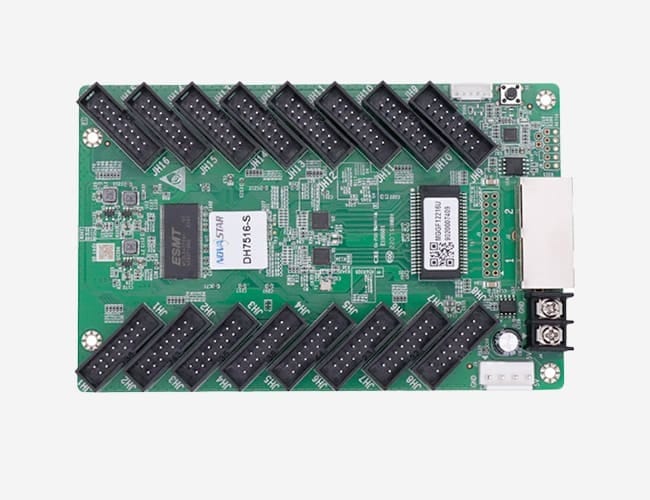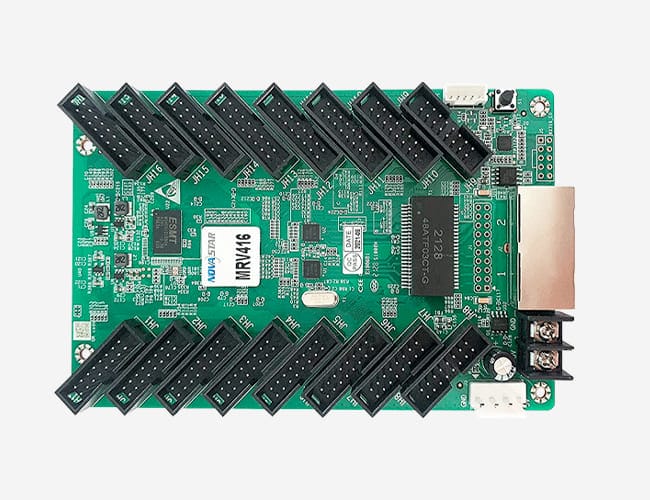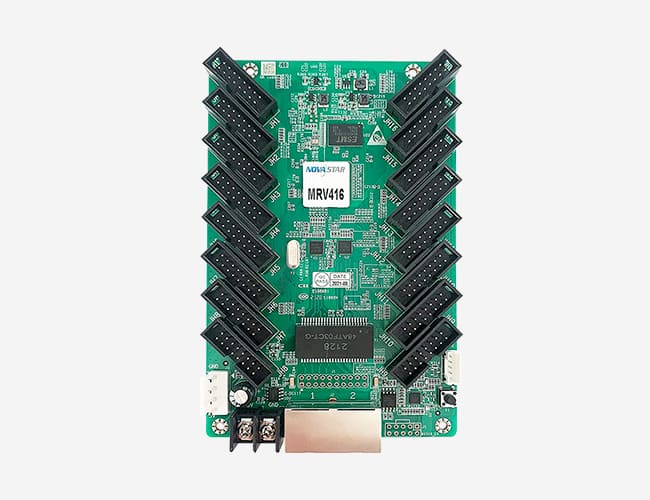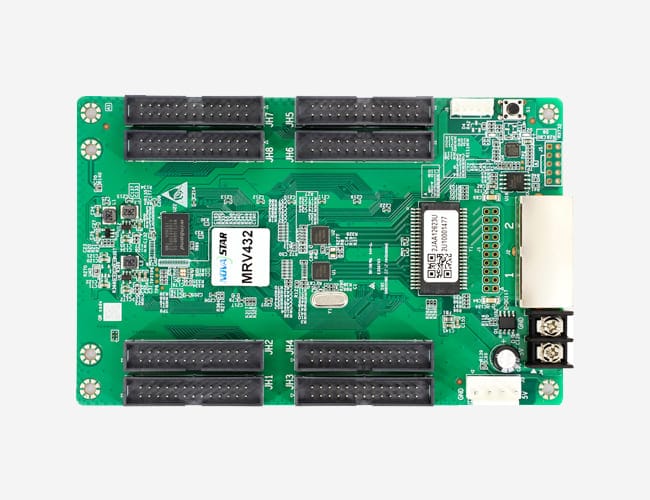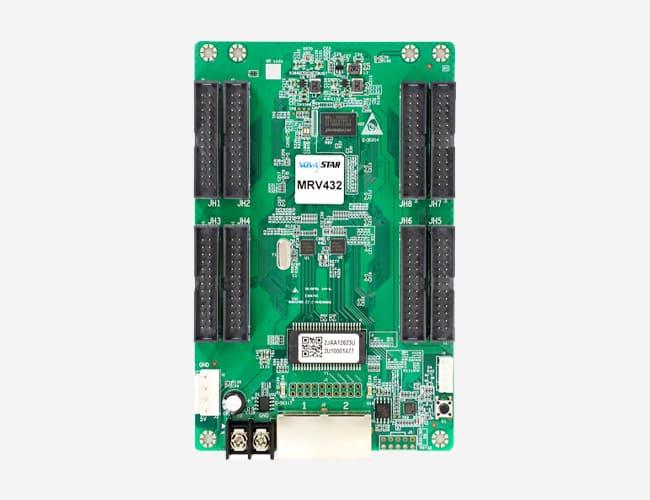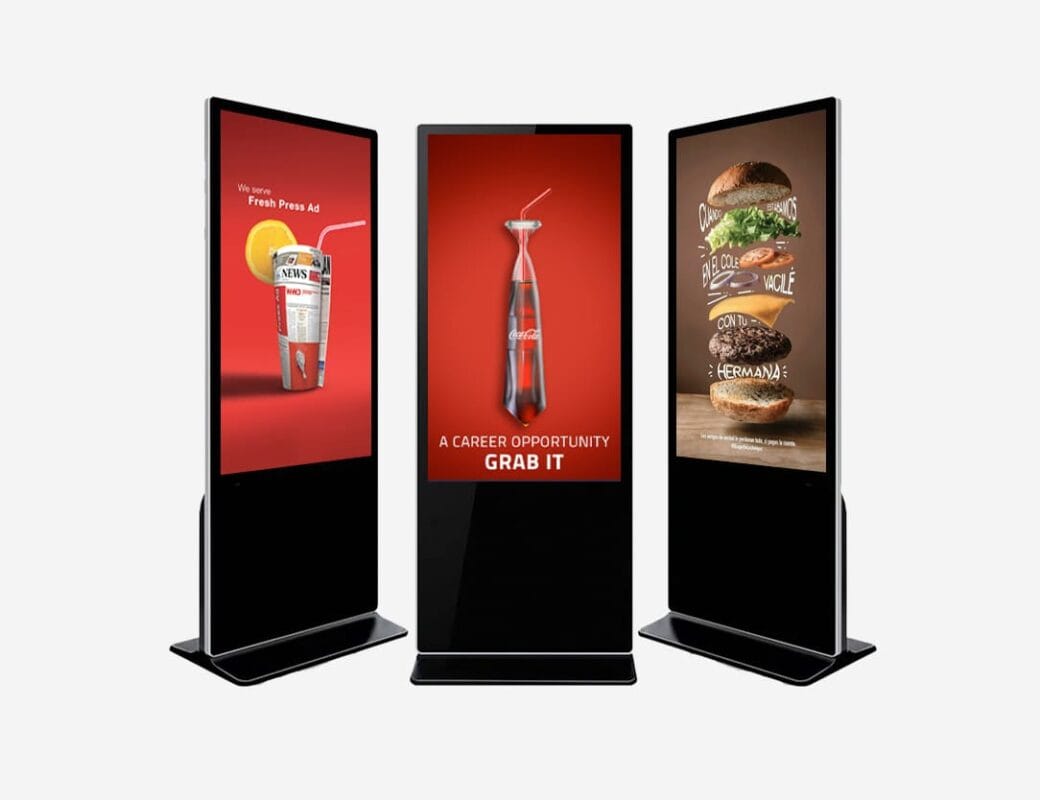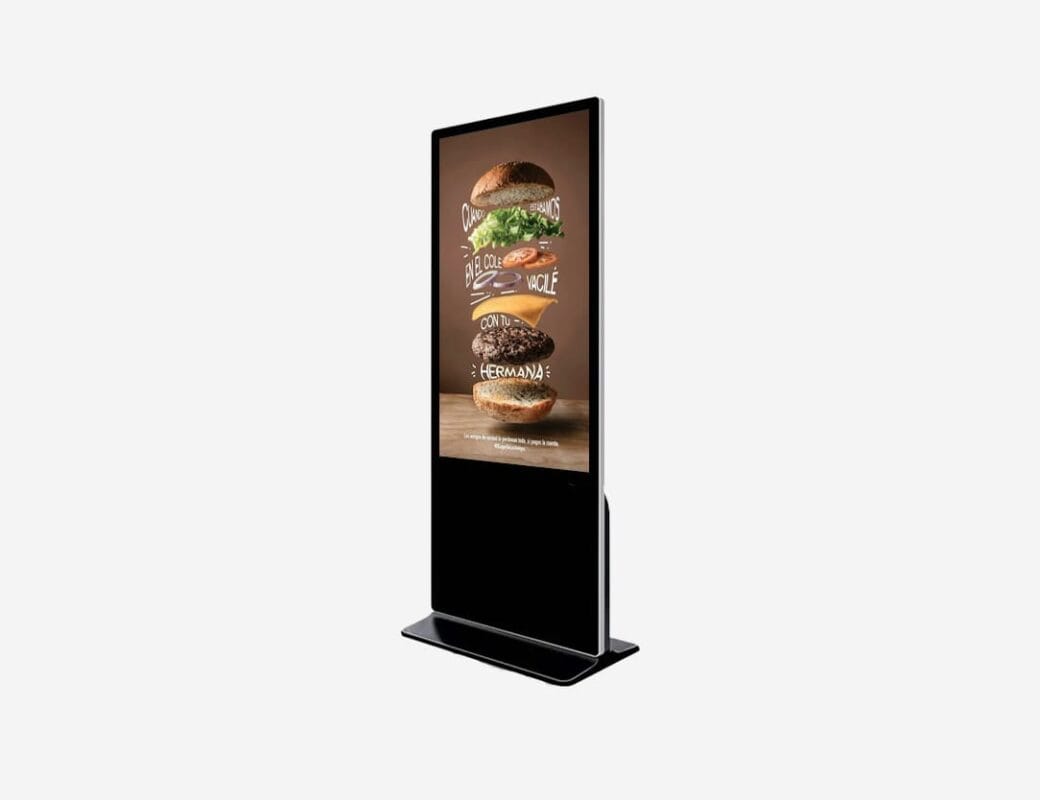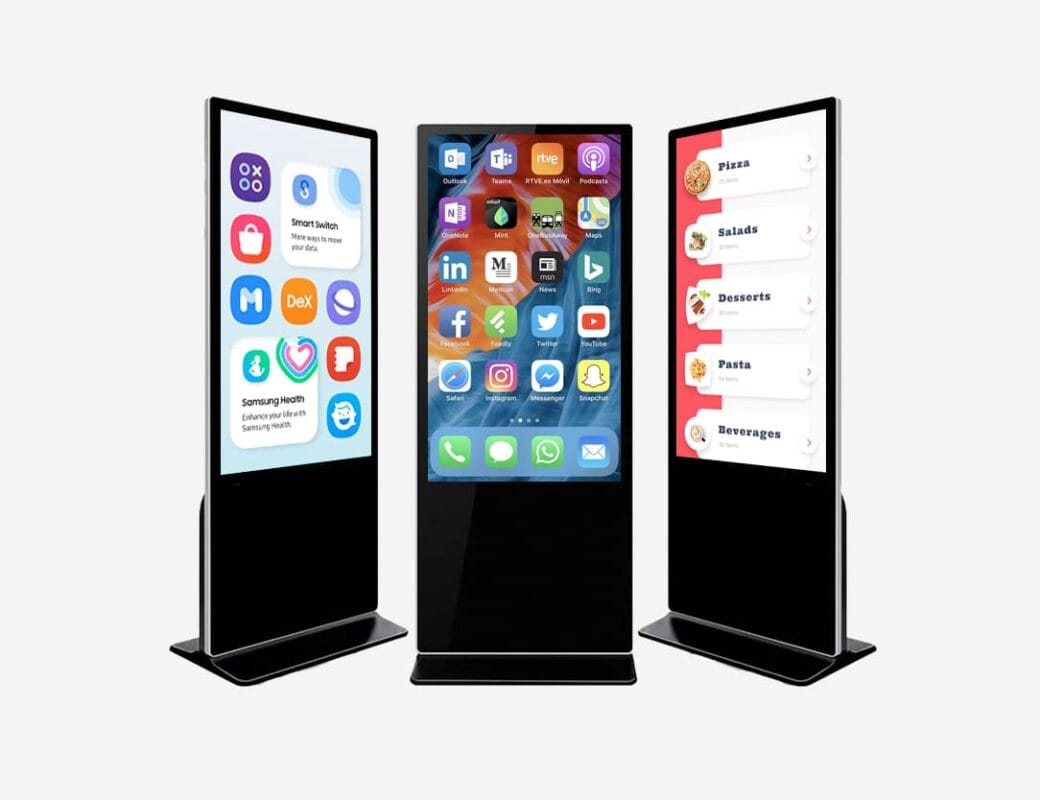- Philips
E-Line Philips Interactive Touch Display
₨ 660,000 – ₨ 990,000Price range: ₨ 660,000 through ₨ 990,000- BDL3152E
- Sizes Available: 65” | 75” | 86”
- Designed for Education | Powered by Android | Multi-Touch Technology
Select options This product has multiple variants. The options may be chosen on the product pageT-Line Philips Interactive Touch Display
₨ 323,400 – ₨ 666,600Price range: ₨ 323,400 through ₨ 666,600- BDL3751T
- Sizes Available: 24’’,32’’ & 55’’
- Type: Multi-Touch Interactive Display | Designed for Education & Corporate Collaboration
Select options This product has multiple variants. The options may be chosen on the product page - Samsung
- SMD Screens
COB P1.2 LED Display
₨ 90,000COB P1.5 LED Display
₨ 45,000P1.5 Indoor Flexible SMD Screens
₨ 85,000P1.8 Indoor SMD Screen
₨ 52,000P10 Outdoor SMD Screen
₨ 17,000 - Controllers
SMD Sending Card
SMD Dual Mode Multimedia Controllers
SMD Sending Card & Video Processor
- Receiving Cards
DH7516-S Receiving Card
₨ 7,500Rated 5.00 out of 5MRV416 Receiving Card
₨ 7,500MRV432 Receiving Card
₨ 8,600 - Digital Standees
Digital Poster Samsung Non Touch Standee
₨ 0- Type: Non-Touch Digital Standee
- Size Range: 43”, 55”, 65”, and 75” (Samsung Panel)
- Ideal For: Retail stores, malls, banks, showrooms, restaurants, hospitals, hotels, reception areas, and exhibitions
Select options This product has multiple variants. The options may be chosen on the product pageDigital Poster Samsung Touch Standee
₨ 0- Type: Touch Digital Standee
- Size Range: 43", 55’’, 65’’, & 75’’ (Samsung Panel)
- Ideal For: Retail stores, hotels, malls, banks, hospitals, events, showrooms, and reception areas
Select options This product has multiple variants. The options may be chosen on the product page
SMD Screens vs Traditional LED Screens: What You Need to Know
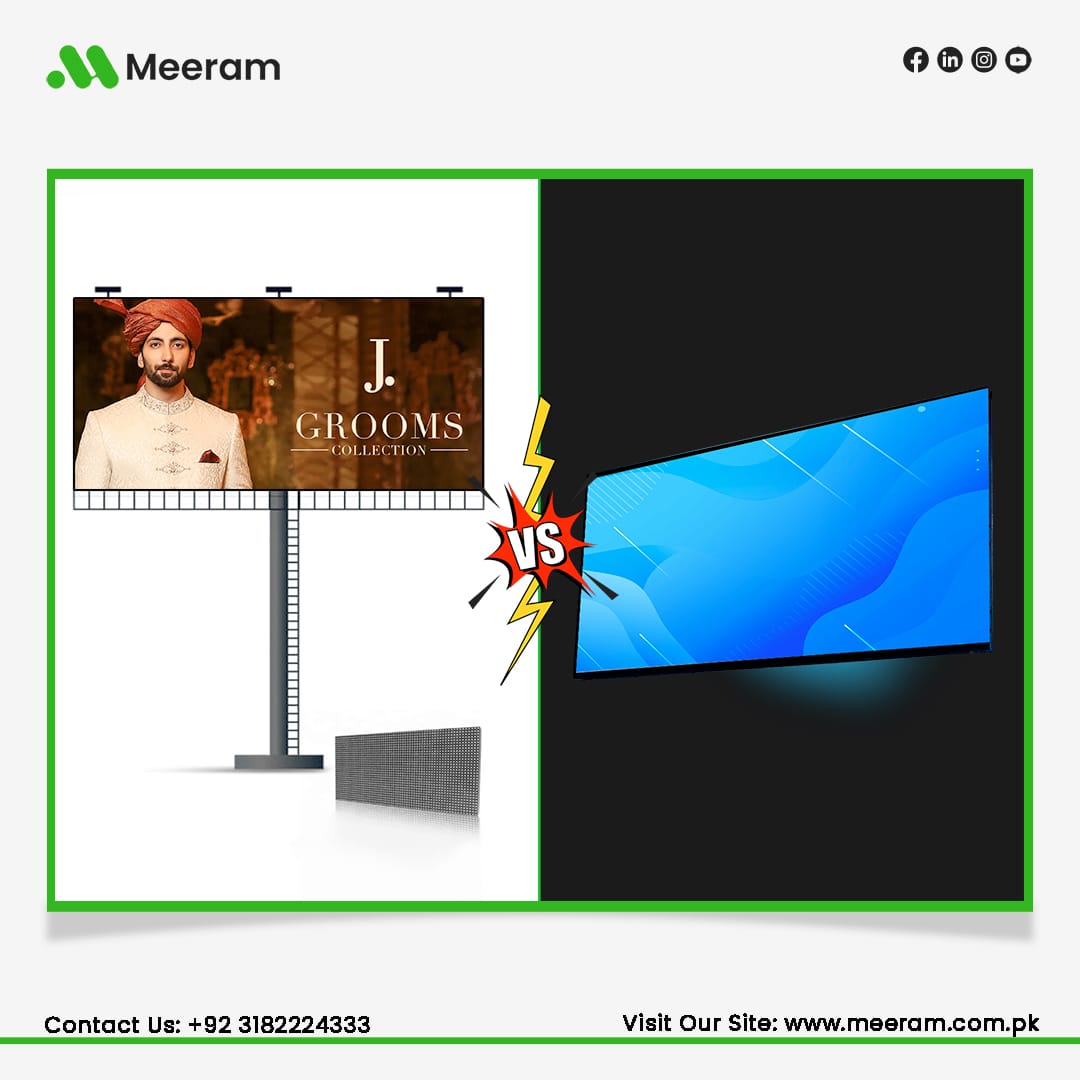
SMD Screens are sort of leading the display industry. Now, you can see them everywhere. This amazing technology is making visual experiences & branding better than before. You might have seen an SMD display anywhere in the shopping mall or stadium and felt like “Wow, that looks so clear”. No one-sided favor, it can be a traditional display with some amazing features too. Both are popular. Both light up our world. But they are not the same. Why & how? Keep reading.
First Things First: What Are These Screens?
Traditional LED screens use tiny lights called LEDs (Light Emitting Diodes). Each LED is a separate little bulb. They are placed close together to form images, text, and videos.
SMD Screens, on the other hand, use something called Surface-Mounted Diodes. Instead of single bulbs sticking out, the LED chips are packed together inside a small block. And these blocks are mounted directly onto the board. This makes them smaller, thinner, and neater. SMD screens come in various pixel pitches. These pixel pitch measurements decide the environment, where an SMD display can be installed. For example, SMD with pixel pitch 2.5 would be a perfect option for an indoor environment, while P10 SMD (pixel pitch 10) will suit best in an outdoor location.
Simply put:
- Traditional LEDs = old-school Christmas lights, each bulb standing on its own.
- SMD LEDs = Tiny bulbs neatly tucked and blended together.
Where to Buy SMD Screens in Pakistan?
Before getting into the major differences between SMD and traditional displays, have a look at where you can get an SMD screen in Pakistan. Here comes the name of trust, Meeram Store. We have displays for both indoor & outdoor spaces. More, specifically SMD screens. Hold on, are you worried about the price and quality now? No worries, Meeram Store has got you. We offer only premium quality, and our pricing range is also compatible. Moreover, we offer occasional discounts and a solid warranty on our products.
Big Differences Between SMD & Traditional LED Screens
Now let’s compare them step by step.
1. Picture Quality
- Traditional LED: Clear, but not super sharp if you are standing close. Best viewed from a distance.
- SMD: Much sharper. The pixels are smaller and closer, so the image looks smooth, even up close.
2. Brightness
- Traditional LED: Extremely bright. That’s why they are often used outdoors, like billboards or stadium scoreboards.
- SMD: Bright too, but a little softer than traditional LEDs. Perfect for indoor places like conference rooms, stores, or event halls.
3. Size & Design
- Traditional LED: Bulky, thicker, and sometimes heavy.
- SMD: Slim, modern, and lightweight. You can even make any shape from them, i.e., cylindrical or curved.
4. Viewing Angle
- Traditional LED: If you move to the side, the picture may look a bit faded.
- SMD: Wide viewing angle. Whether you stand in front or to the side, the image looks the same.
5. Durability
- Traditional LED: Very strong and weatherproof. Great for outdoor use in rain, heat, or dust.
- SMD: Durable too, but better for indoors, where the environment is controlled.
6. Cost
- Traditional LED: Usually cheaper. Good choice if you want a very large outdoor screen without breaking the bank.
- SMD: More expensive, but worth it if you need high-quality visuals and modern looks.
Where Do We Use Them?
- Traditional LED screens → Outdoor billboards, stadium scoreboards, road signs.
- SMD screens → Shopping malls, retail stores, conference rooms, airports, TV studios, and even home theaters.
So, the choice depends on where you want the screen and what you need it for.
Which One Should You Pick?
Here’s a simple way to decide:
- Need a giant, outdoor, super-bright screen? → Go for Traditional LED.
- Want a sleek, sharp, and modern display indoors? → Choose SMD.
The Future of Screens
Technology is moving fast. Every year, SMD screens are becoming brighter, tougher, and cheaper. More and more businesses are choosing SMD because of the crystal-clear quality and stylish designs. But traditional LED screens still hold their ground. They are strong, reliable, and excellent for outdoor use.
So, both will stay. It just depends on your purpose.
Conclusion
Screens are everywhere today. From malls to highways, from offices to stadiums. They grab our attention, share information, and even entertain us.
Now you know the difference between SMD and traditional LED screens. Next time you see a big display, you’ll be able to guess which one it is!
In short:
- Traditional LED = bright, strong, best for outdoors.
- SMD = sharp, sleek, best for indoors.
Both are amazing in their own way. It’s all about choosing the right tool for the right job. If you’re still confused, call Meeram Store’s team for more consultancy!

